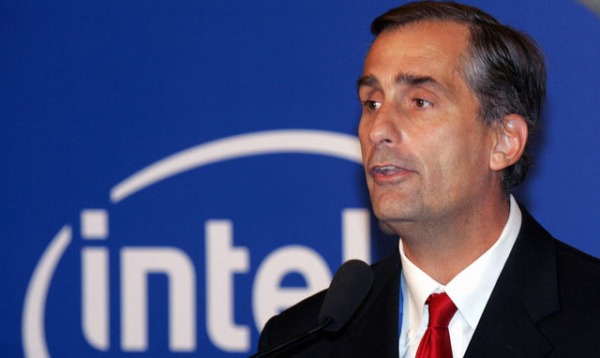Who is Brian Krzhanich, Intel's new Director?

On Thursday, Intel announced that it had chosen a successor for outgoing CEO Paul Otellini - it was former CEO Brian Krzhanich, writes The Verge. Otellini led Intel since 2005, but six months ago announced his intention to resign this month. Krzhanich will take the reins of power over the computer giant on May 16. But who is this Krzanich, and what to expect from Intel under his control?
Krzhanich spent most of his career at Intel, starting working in the company back in 1982 as a process engineer. He moved up the career ladder at Intel manufacturing units until he was appointed CEO of the company in January 2012. Managing production, he was actively engaged in factories and supply chains, ultimately increasing output and reducing company costs. He also participated in Intel's investments in third-party companies and in the transition to more efficient processor manufacturing.
Otellini was criticized a lot for his lack of engineering experience. Krzhanich is unlikely to encounter such criticism, since he began working in the company as an engineer, but he faces other problems. The transition of dominance in the computer industry from desktops to mobile devices has a bad effect on the company's balance sheet: last quarter profit fell 25%.
Despite numerous attempts to break into the mobile processor market - which is currently owned by Qualcomm and Nvidia - Intel has so far failed to replicate its success with desktop processors. To maintain its growth, Intel relies not only on mobile devices: the company promised by the end of this year to release an Internet television service complete with a set-top box. Intel is trying to cover all areas of new technologies, and may well become successful in eliminating the dominance of cable companies.
But skeptics are not convinced that Krzhanich represents a new type of Intel executive. Back in November, Cromwell Schubart of the Silicon Valley Business Journal predicted that Krzanych would become Intel's director, and noted that this move would maintain the status quo in the company. Intel was looking for candidates both from the outside and within the company, but in the end a safe bet was made on its own person, who probably would not make drastic changes and would keep Intel on the same course as the last couple of years.
